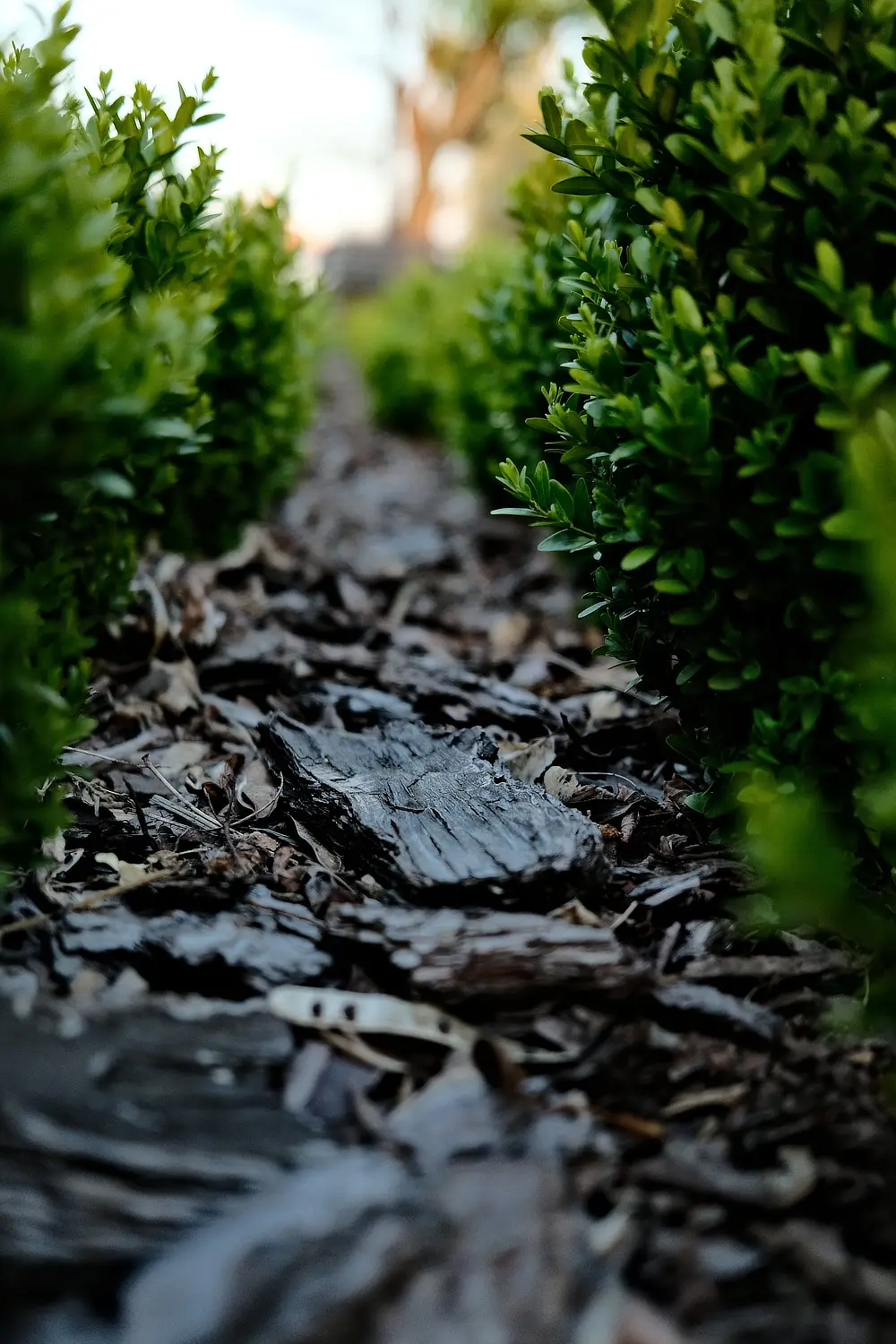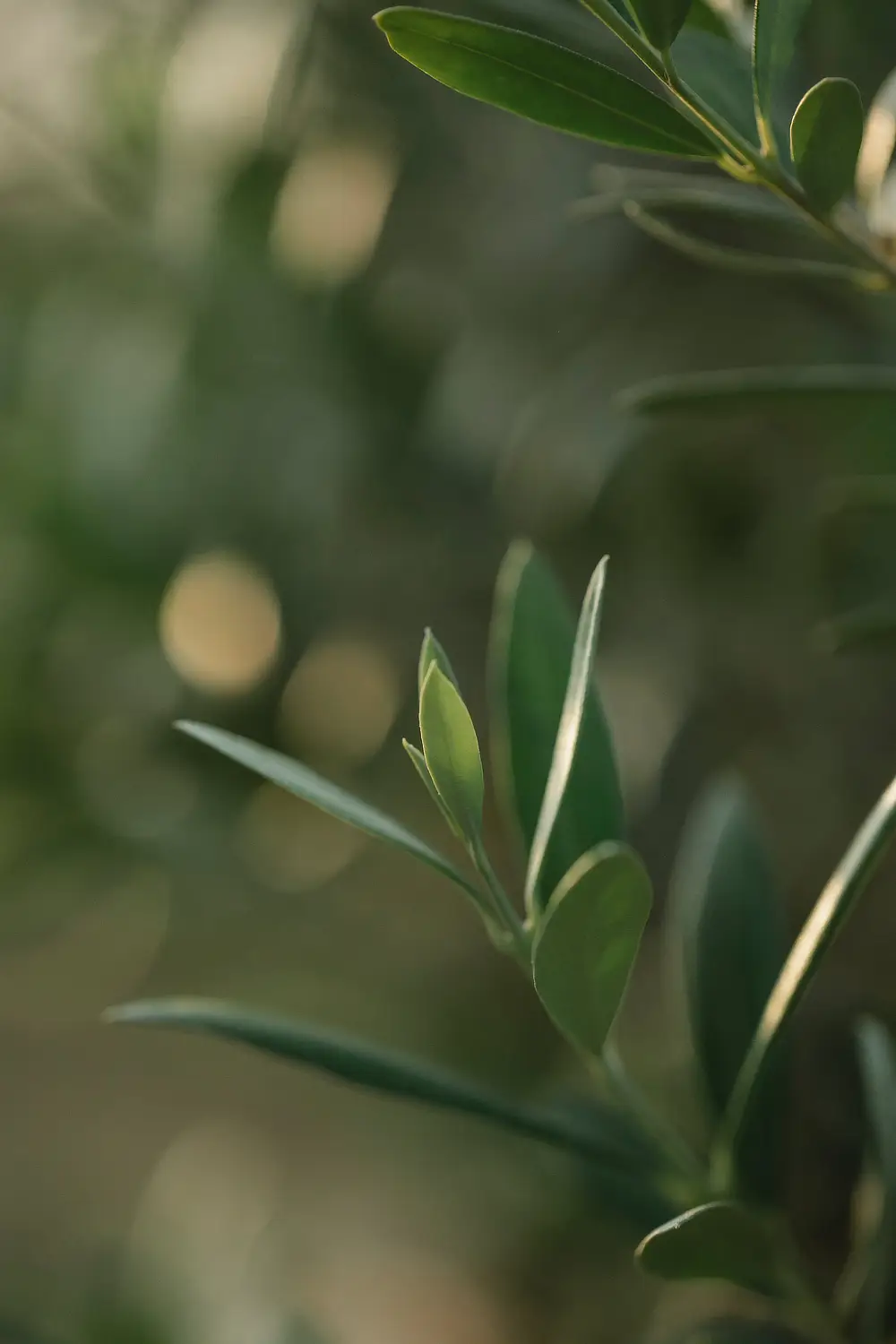With the recent heavy winds and outlook for a hot and turbulent summer how can you bring your garden back to life and keep it safe and verdant during these extreme weather events.
The first thing to do is to get on top of all the damage caused by the winds. Clean up any piles of debris, remove any standing water and fix any dangerous elements that may have been damaged. Torn branches and leaves not only look unsightly, but they have a large open surface area on a plant where pest and diseases can attack. Removing these torn parts so they are smooth clean cuts will improve appearance and overall plant health.
When winds tear through a garden it’s a good idea to take note of the areas that were most damaged and assess what plants have coped and what have really suffered. Delicate plants that did not manage well and perhaps needed a drastic cut back could be moved to a safer more protected location, now is the time to lift and move before the heat of summer arrives. Likewise, plants that look unharmed by the wind should be re used in other more exposed areas of the garden. If needing to replant garden beds go with things with hard leaves, Raphiolepis, Gymea Lily, Birds of Paradise are all good examples of plants that cope with wind and heat thanks to the rigidity of their foliage.
For severely exposed gardens creating a wind break by layering dense hedging can force wind up and over a garden protecting the green occupants of the space. Making your windbreak as thick as possible and having it grade up to a central point on both sides will ensure the wind doesn’t come crashing down into the garden causing turbulence on the other side of the hedge.
Moving towards a hot summer having healthy soil will help to keep your plants vigorous by ensuring they have adequate moisture and nutrients. The best way to improve soil structure, water and nutrient holding capacity and overall health by having a diversity of biological activity is by improving it with compost. Known in the gardening word as black gold, store brought compost is on par with home made but readily available in larger quantities so can be more practical for improving a whole garden. In empty beds dig the compost through to incorporate it and in dense garden beds use the compost as a mulch.
Making your own compost is a great way to reduce kitchen waste as well as get rid of any debris from storms so whilst you have a lot of storm debris material why not get one going. One drawback when adding a lot of organic matter to sandy and impoverished soil is a build-up of a bacteria that coats the soil in a waxy substance making it repellent to water. This is known as hydrophobia and can be combatted with a soil wetting agent; my preference is a granular as it covers a larger area with ease and there is no risk of damaging plant foliage.
Mulch is another item that is often blown around the garden in high winds but vital for garden health in hot weather so collect up any mulch and re-lay it back in the garden beds. If your garden really suffered in the winds, consider a layer of pebble or rock mulch as this is less likely to be blown around yet still helps to insulate the soil beneath.
Before the heat of the summer really kicks in check irrigation systems for leaks and blockages. Run your hands along the length of the pipes to check for any nicks or cuts and repair accordingly. It is a good idea to flush a system to ensure there is no build-up of soil or air in the pipes – simply open up at a join at the lowest point of the system and allow the water to flush through for around 5-10 minutes before reconnecting.


